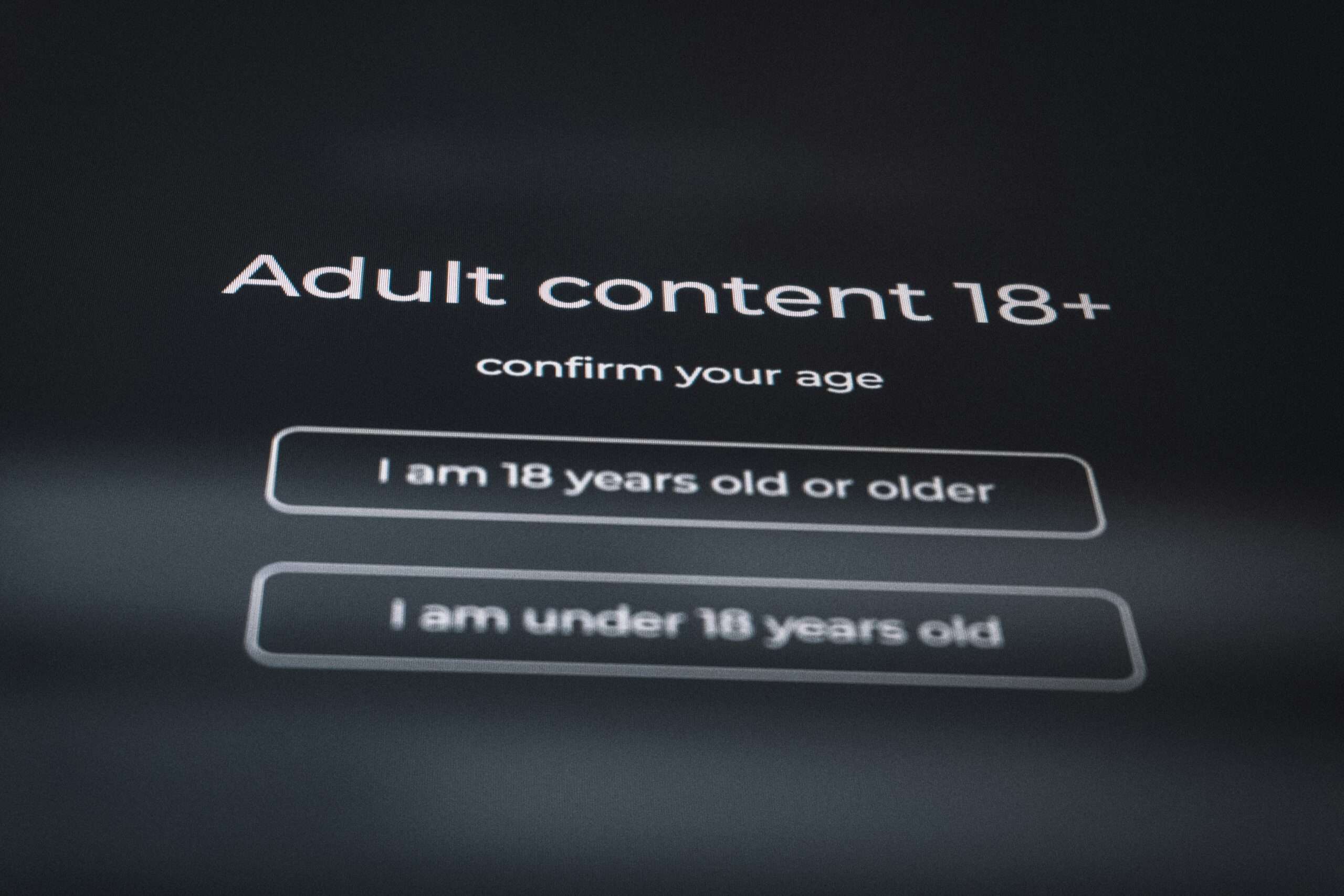As millions of internet users watch videos online for news and entertainment, it is essential to uphold a federal privacy law that protects against the disclosure of everyone’s viewing history, EFF argued in court last month.
For decades, the Video Privacy Protection Act (VPPA) has safeguarded people’s viewing habits by generally requiring services that offer videos to the public to get their customers’ written consent before disclosing that information to the government or a private party. Although Congress enacted the law in an era of physical media, the VPPA applies to internet users’ viewing habits, too.
The VPPA, however, is under attack by Patreon. That service for content creators and viewers is facing a lawsuit in a federal court in Northern California, brought by users who allege that the company improperly shared information about the videos they watched on Patreon with Facebook.
Patreon argues that even if it did violate the VPPA, federal courts cannot enforce it because the privacy law violates the First Amendment on its face under a legal doctrine known as overbreadth. This doctrine asks whether a substantial number of the challenged law’s applications violate the First Amendment, judged in relation to the law’s plainly legitimate sweep. Courts have rightly struck down overbroad laws because they prohibit vast amounts of lawful speech. For example, the Supreme Court in Reno v. ACLU invalidated much of the Communications Decency Act’s (CDA) online speech restrictions because it placed an “unacceptably heavy burden on protected speech.”


Let’s hope the court is smart enough to agree with EFF, et al, to opine in their favor and not the favor of the opposition w/their flawed line of thought.
An interesting article on an important issue, however am I the only one that is struggling to understand the relevance of this article to this forum?
Could somebody explain please?